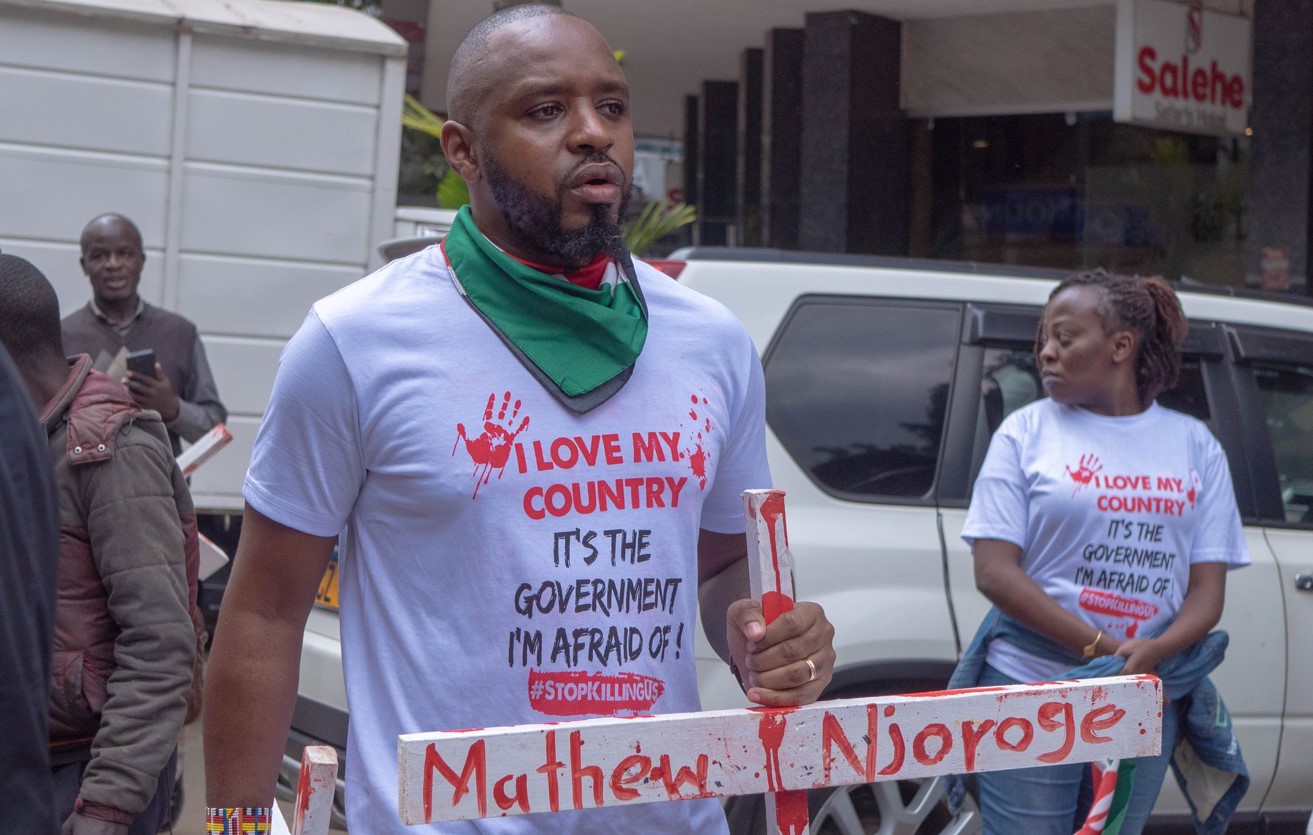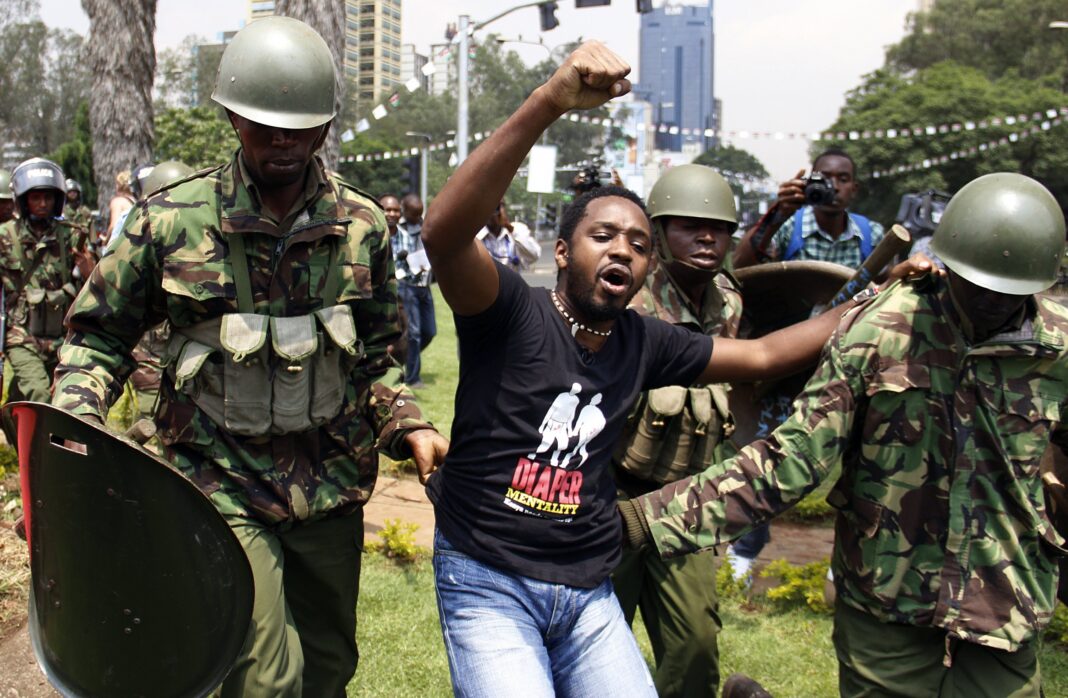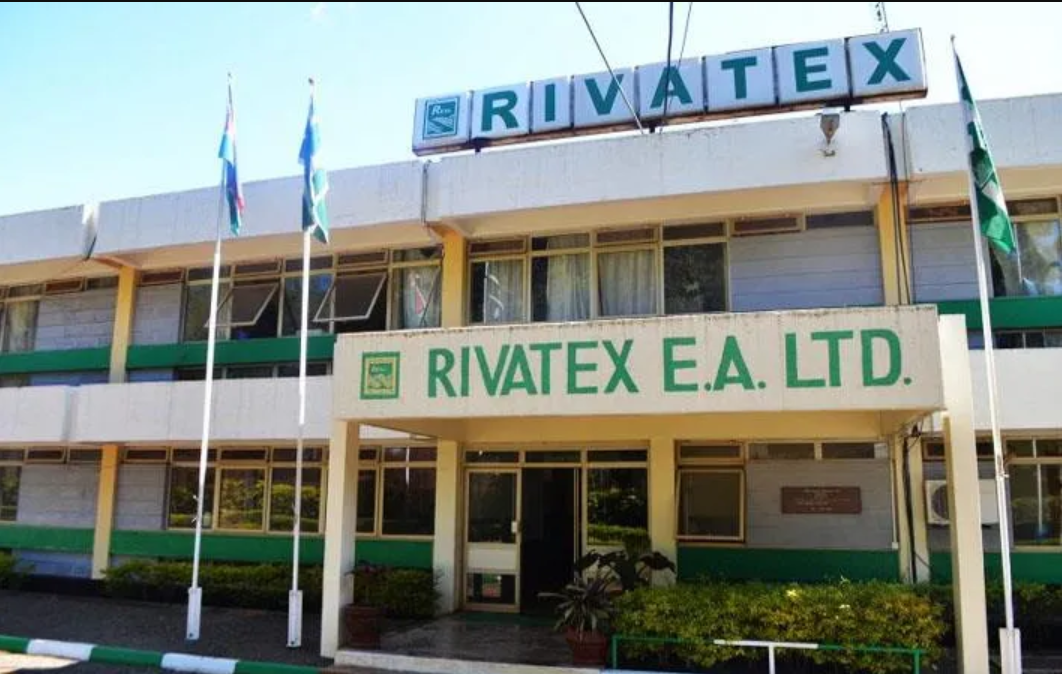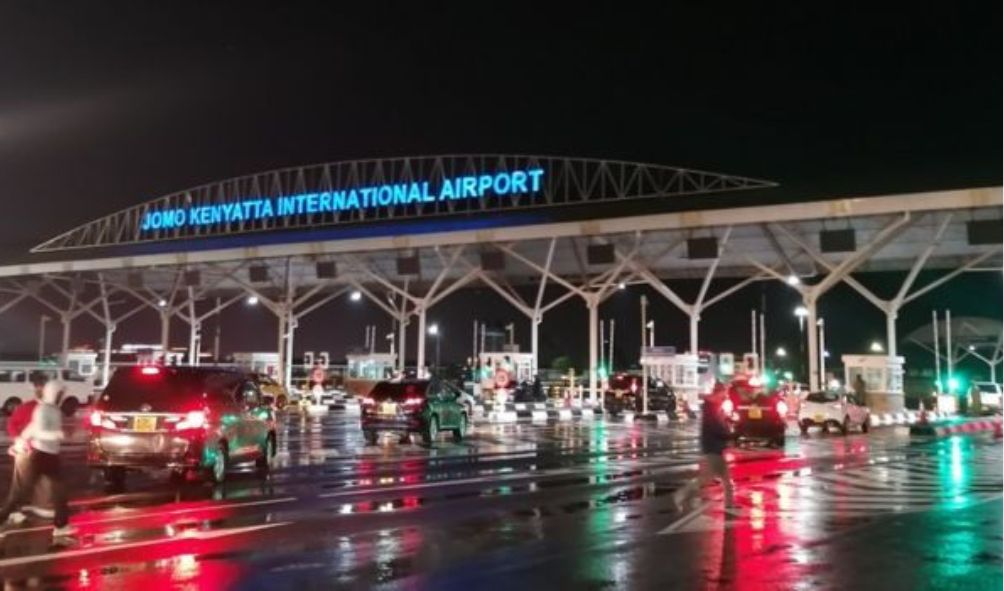Human Rights Activist and 2027 presidential hopeful Boniface Mwangi has been summoned by the Kibera Law Courts for a social media post he made on Wednesday, October 8. Mwangi revealed the summons on Thursday, stating that he is required to appear in court on October 16 at 9:00 a.m. to answer to allegations regarding comments he made about police officers being corrupt.
The outspoken activist shared the official court summons online, which read:
“You are hereby summoned to appear before Court No. 1 on 16th October 2025 at 9:00 a.m. This is in relation to the social media posts made on 8th October 2025 touching on the above-mentioned matter.”
Mwangi’s post followed a court appearance earlier that week, where he faced an ongoing case involving a police assault incident from April 2025. He said the accusations were part of a pattern of intimidation targeting activists and whistleblowers who expose corruption in the police service.

Boniface Mwangi Faces Fresh Legal Battle After Calling Out Police Corruption
In his social media update, Mwangi maintained that his statements were based on facts, not defamation. He said that his courtroom remarks—where he allegedly called a police officer corrupt—were grounded in a publicly available report by the Anti-Corruption Commission.
“Today in court, Sergeant Osman Omar testified, claiming I called the police corrupt,” Mwangi wrote. “The Anti-Corruption Commission released a survey this year listing police officers as the most corrupt and unethical among all government departments and agencies. The case continues on 20th November.”
Mwangi’s critics have accused him of contempt of court, arguing that his public commentary on an active case interferes with judicial proceedings. However, supporters see the summons as another attempt by the state to silence a prominent government critic ahead of his 2027 presidential bid.
Over the years, Mwangi has built a reputation as one of Kenya’s boldest anti-corruption campaigners. Through his Sema Ukweli initiative, he has consistently highlighted police abuse, extrajudicial killings, and misuse of power within law enforcement agencies.
The April 2025 Assault Incident That Started It All
The legal storm surrounding Mwangi began on April 2, 2025, when three police officers reportedly stormed his Sema Ukweli office after what they described as a noise complaint. Mwangi claimed one of the officers appeared intoxicated and became violent upon entering the office.
He alleged that he was beaten, arrested, and detained at Kilimani Police Station overnight without explanation. “In the early morning hours of 3rd April 2025, the Kilimani OCS, Albert Chebii, found me writhing in pain and ordered that l be taken to the hospital,” Mwangi recounted.
“I was driven to Nairobi Hospital under armed escort and immediately put on pain medication. I underwent several procedures, including X-rays, a head scan, and an ultrasound to check for internal injuries that I might have sustained in the cells when Officer Ouko punched my body where my kidneys are located.”
Mwangi later reported the incident to both the Kilimani Police Station and the Independent Policing Oversight Authority (IPOA). He was advised not to publicise the assault, but he refused to remain silent.
Days later, on April 7, while he was out of the country on official business, police officers filed countercharges at the Kibera Law Court accusing him of “offensive conduct and assault.” Mwangi described the move as an orchestrated effort to flip the script and criminalise victims of police brutality.
Public Reaction and the Upcoming Hearing
Mwangi’s summons has ignited debate on social media, with Kenyans divided between those who see him as a fearless truth-teller and others who believe his activism often crosses legal boundaries. Human rights organisations have criticised the court summons, calling it an attack on freedom of expression and accountability.
“Targeting activists for exposing corruption weakens public trust in institutions,” one civil rights group said in a statement. “The judiciary should protect—not punish—those who demand transparency and justice.”
The Office of the Director of Public Prosecutions has yet to comment publicly on the case. However, legal experts argue that the case could set a precedent for how far Kenyans can go in criticising state institutions online.
For Mwangi, the October 16 summons adds another chapter to his long-running confrontation with state authorities. His next court hearing on the assault case is scheduled for November 20, a date he says will reveal “whether justice in Kenya serves the people or protects the powerful.”
As the political climate heats up ahead of the 2027 elections, Mwangi’s legal troubles could either derail his presidential ambitions or strengthen his image as a defiant voice for justice in a country still grappling with police accountability.


